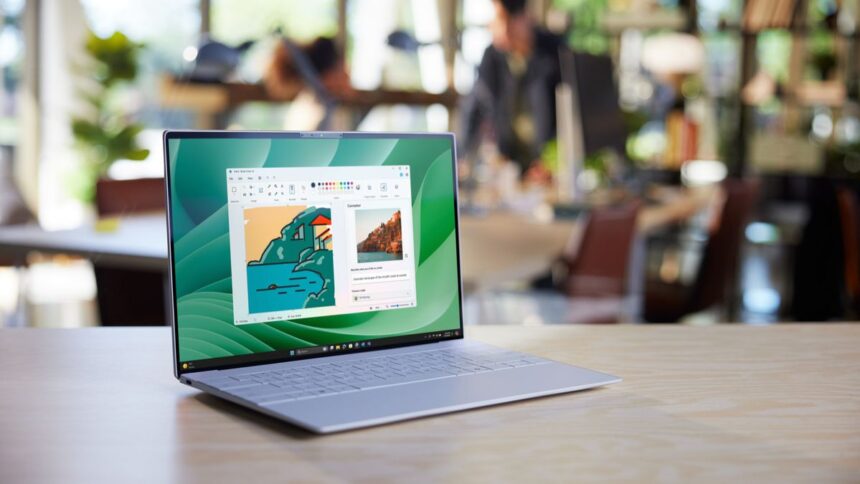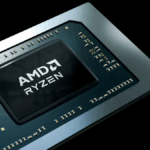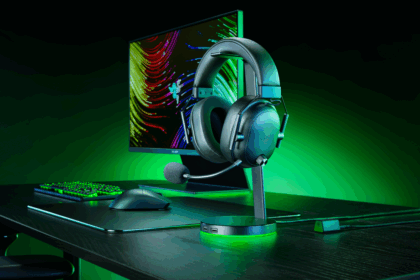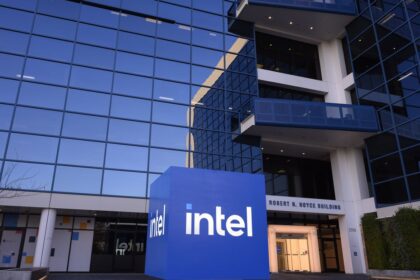Technology giants Lenovo, HP, and Dell have reportedly suspended shipments of their products to the United States this week in response to the new wave of tariffs implemented by the administration of Donald Trump. This move, initially reported by the Taiwanese portal CTEE, follows in the footsteps of Razer, which had already halted all product sales in the U.S.
At this point, the shipment halt is expected to last at least two weeks, but insiders warn this timeframe could be extended depending on how the U.S. government escalates or adjusts its tariff policies on imported goods, which are affecting products from nearly every corner of the globe.
This temporary pause could lead to significant short-term product shortages in the U.S. tech retail space, especially if the situation drags on or if more companies follow suit. The move also signals deeper tensions in global supply chains, as manufacturers and vendors reassess their strategies in light of protectionist economic policies.
Notebooks are the most affected products.
The current tariff hike spearheaded by the Trump administration is sending shockwaves through the global tech supply chain, and notebooks and smartphones appear to be the first major casualties. While PC parts like motherboards and GPUs haven’t been officially confirmed as impacted yet, including key OEMs like ASUS in the speculation strongly suggests that desktop components may soon feel the pressure too.
Manufacturers are scrambling to find workarounds to mitigate the impact, like rerouting supply chains, leveraging assembly in alternate countries, or absorbing part of the cost to keep U.S. operations alive. But as you pointed out, these strategies are not sustainable long-term, especially under a 32% tariff, one of the steepest and specifically targeting Taiwan, a vital hub for global electronics.
Given Taiwan’s central role, especially with TSMC’s dominance in advanced chip manufacturing, this move could disrupt production timelines, raise costs, and even affect product launches in the U.S. market. In short: if the tariffs stay, consumers in the U.S. can expect a noticeable price hike on electronics ranging from laptops and phones to PC parts—and even enterprise hardware.
It’s a geopolitical chess game now, and the next moves—either policy reversals, trade negotiations, or further escalations—will determine whether this is a temporary disruption or the start of a longer-term tech pricing crisis.











